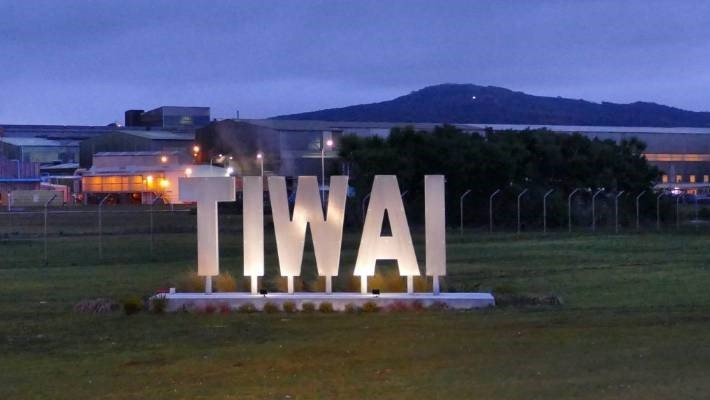

The global green energy provider, Fortescue Future Industries claimed there won’t be a scarcity of electricity anymore since green hydrogen power generation in Southland will increase and ultimately the need to raise household bills won’t appear.

FFI leads their customers by developing a portfolio of renewable energy and green hydrogen projects. There is a worldwide urge to move towards both renewable and sustainable resources after the Paris concord was drawn in 2015 which specifically aimed at climate change.
There is a running belief now that Tiwai Point aluminium smelter (NZAS) may not stop operating in 2024, though after all the means adopted by the agency it will still need vast amounts of power from the Manapouri Hydro station.
Tiwai Point is the only aluminium smelter in New Zealand, situated towards the extreme south of the country, a joint venture by Rio Tinto and the Sumitomo Group while Manapouri is a small town in south-west New Zealand that has an underground Hydro Power Plant. They are situated 160km apart and the power supply has been the root of the smelter’s survival at Tiwai Point.
It was foreseen that the power plant and the smelter site once rejuvenated would still have hope, despite the shutdown threats by Rio Tinto, as in 2020, the major owner Rio Tinto announced plans to close the aluminium smelter following which the speculations started.
Felicity Underhill, the Director for Fortescue Future Industries, New Zealand, said “Green hydrogen was flexible enough to still work.”
"It's not as straightforward an opportunity as it was a year ago. But I think it's one where it may be better for the local community if we're able to support a phased transition, or coexistence with the smelter ... which is great because there are so many jobs associated with the smelter."
Parliamentary Commissioner for the Environment, Simon David Upton PC recently warned ministers that power diverted to hydrogen production "would maintain upward pressure on consumer electricity prices over the foreseeable future" and urged people to be concerned, especially when the hydrogen was aimed at export markets.
Tiwai point imports its alumina from refineries in Queensland and the Northern Territory of Australia while 90% of its aluminium produced is mainly exported to Japan.
Power generation is a very essential criterion for smelting industries because the temperature required to melt any metal is usually extreme. Once turned on a smelting facility needs to keep running for a long time to generate that enormous amount of heat therefore the energy input must be consistent. Countries with no power generating facilities can suffer a lot during the production phase.

Consumers are charged more for the power while smelters have cheaper power supply rates, how much a Green Hydrogen Power Plant would charge them is still up for negotiations, said Underhill.
Southland is a potential hydrogen production hub in New Zealand as assessed by the Fortescue Future Industries.
Fortescue was supposed to submit its green hydrogen plan this week, while Meridian, domestic utilities in New Zealand, of them have partnered to evaluate four short-listed proposals.



Responses






